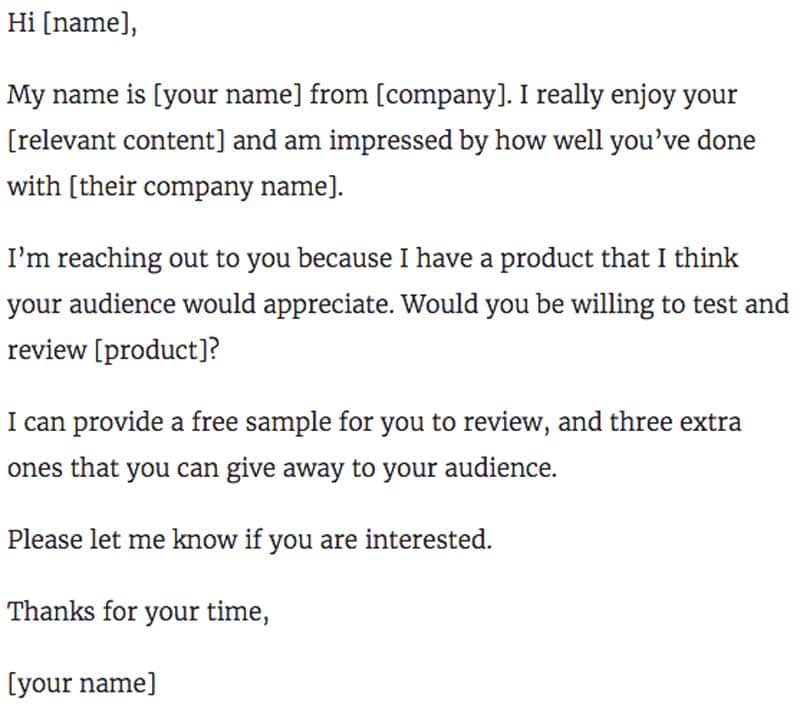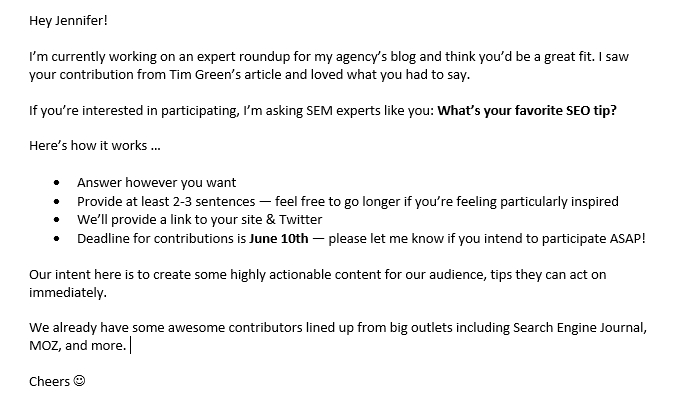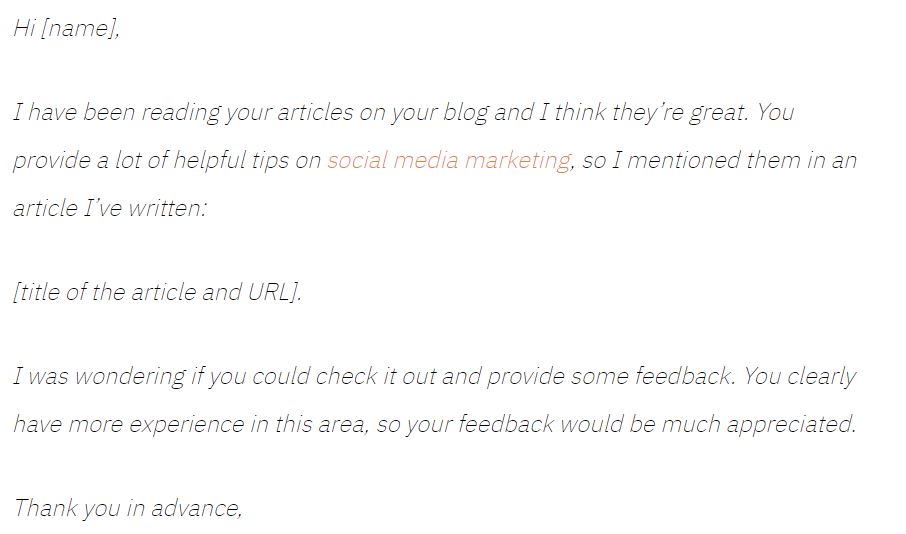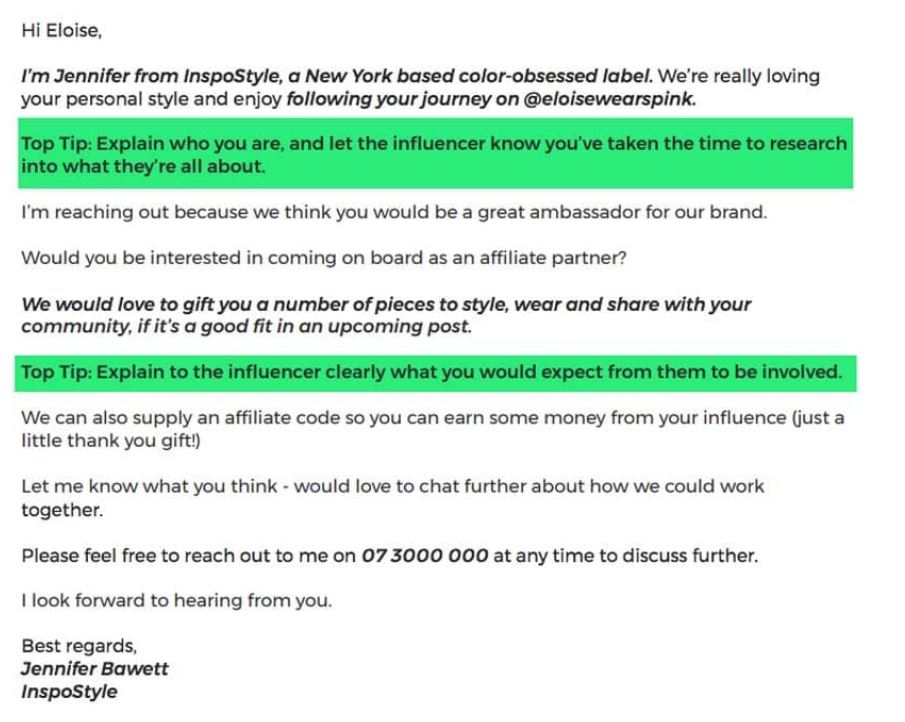In the world of digital marketing, the value of real influence is increasingly being recognized. One of the world's biggest brands, Proctor & Gamble, said it cut its digital advertising spend in 2017 by $200 million without seeing any difference to its earnings. In fact, by redirecting the remaining digital advertising budget to different channels, it increased its reach by 10%. It did so to clamp down on wasteful and unnecessary expenditure online after it realised that a lot of its digital marketing was making no difference to sales. Everyone may be online these days, but that doesn't mean they're engaging with your marketing.
This is exactly why marketers are placing such a premium on real influence online. Research conducted by TapInfluence and Nielsen Catalina Solutions showed that the ROI from influencer marketing is 11X bigger than traditional approaches. It is no wonder that brands are so focused on using influencers and are often willing to pay fortunes for a mention.
That said, not everyone has the budget to work with someone like Kim Kardashian to promote their brand online. Luckily, not everyone has to. The trick is to find the right influencers for your brand. How do you do this? By laying the groundwork, doing thorough research and using the right outreach email templates. Here is a step-by-step guide to success.
How to Craft The Perfect Influencer Outreach Email: Tips and Templates:

Step #1: Identify the right influencers
Influencer outreach essentially comes down to connecting with relevant influencers and convincing them to work with your brand. The first thing you have to get right when reaching out to influencers is to find the right ones. This is crucial, as using the wrong influencers can do more harm than good. Make sure their area of influence is aligned with your brand image. Think of them as business partners – you don't just go into business with anyone without first making sure they're the right fit for you. If the fit between your business and the identified influencer is truly right, your relationship will benefit both parties. The influencer will build their reputation by promoting products that their followers are actually interested in. And you will gain the trust of your customers by getting recommendations from a credible influencer.
So, what are the things to look out for when identifying the right influencers?

Relevance
The most important factor to consider when looking to use influencers in your online marketing strategy is relevance. Make sure that the influencers you work with actually have influence in your industry and their brand matches your brand’s values. This will boost your brand's credibility.
For example, if you are selling environmentally safe beauty products, you cannot use an influencer who promotes products that make use of animal testing. This will erode the credibility of your product and potential customers will doubt whether you are serious about really protecting the environment. Likewise, you might want to use a key opinion leader (KOL), someone who is the “go-to” person for their subject of expertise online and in real life.
Take the time to look through content posted by potential influencers on their blogs and social channels. This will help you get a better idea of their brand and whether their messaging is a good fit for you.
Reach
Consider metrics such as the influencers’ follower counts on their Instagram, Facebook and Twitter pages. This will give you an idea of the number of people you can reach by leveraging the particular influencer, i.e. their sphere of influence. Having in place a good social media listening strategy for your business will help you with this.
Engagement
If reach is important, engagement is even more so as it gives you an idea of how many people really connect and with an influencer's content, i.e. how effective their influence really is. Having thousands of followers doesn’t necessarily mean that they can be influenced easily. For example, an influencer might appear to have a huge following, but when you look at their engagement stats, it could turn out they pay a lot of their followers or make use of other irregular methods to boost engagement, such as Instagram pods.
Research by Markerly found that as an influencer’s follower total rises, the rate of engagement (likes and comments) with followers decreases. You will have to check the percentage of followers who regularly like, comment, and share an influencer’s content. That is the real measure of their influence. It also means that influencers with smaller followings could work better for you than celebrities with large numbers of followers. In fact, Experticity found that micro influencers improve your chances of conversions even more than the normal batch of influencers, getting 22.2 times more conversations than average when they recommended products to their audience.
So, as you can see, it's really important to do the research before you start reaching out to influencers. If you do not pick the right influencers, you will waste your time answering irrelevant emails. You will also waste your budget on influencers who do not influence potential customers, thus getting no ROI. And you can damage your brand and reputation working with the wrong influencer.
Step #2: Know what you want to say
Once you’ve identified a set of influencers that works for your brand, you can start working on your influencer outreach emails. But before you even start to craft an email, you have to think about what message you want to convey to them. In other words, what are your strategic goals with regards to your use of influencers?
Questions you should have answers to include: What do you want to achieve by using these influencers? What's in it for them? What compensation or reward can you offer them? What incentives are there for them to work with you?
Thinking through these questions and finding answers for them will give you a much clearer idea of what you should say in your outreach email. Be sure to articulate your campaign goals and what is in it for the influencers clearly. Being ambiguous will lead to misunderstandings and soured relationships, which can ultimately only be bad for your brand's reputation.
Examples of what you can offer influencers as compensation when you pitch them, include:

Product discounts or giveaways – Offer them a discount on your product or services. This is a particularly good one to use for micro influencers as they are more likely to make use of this and give you brand exposure.
Shout outs – Being attributed as an industry expert is one of the greatest shout outs an influencer can get as they receive recognition of their expertise and the ability to leverage your content in their own efforts.
Commission – Influencers that keep giving you exposure that leads to bigger sales, could be worth setting up with a commission if your budget allows it.
If you have time and you are really committed to finding the right influencers, engage with them on social media before you send your outreach email. It's all about nurturing a long-term relationship with them and getting them to trust your brand. By engaging with them before you reach out, they are more likely to recognise you when you email them, and chances are better that you will get a positive response.
Step #3: Craft the perfect outreach email
Once you have done the research and you've successfully started engaging with your identified influencers, it's finally time to write that email. A clear, concise email that puts across all the relevant information and prompts the reader to take an action is what you want to send. So, start with the subject line.
Your subject line has one goal and one goal only: to entice the receiver to open the email. Don't overthink it. Keep it short and simple. If funny or quirky works with your brand image, try that. Another tip is to use questions instead of statements. Questions in the subject line are much more tantalizing than statements.
For example, instead of saying:
Business opportunity
Say:
What do you think of this idea?
Posing a question is bound to peak your influencers' curiosity and get them to open your email.
Moving on to the body of the email – keep it short. Your message should not be longer than 100 words. Aside from the fact that everyone's attention spans these days are the length of an Instagram story, shorter emails are more persuasive and shows you have respect for the receiver's time. Everyone's time is limited and by sending a short and to-the-point email you are indicating to the receiver that you know their time is valuable and you do not want to waste it.
Start your message with what is in it for them. No one wants to buy from or even read an email from someone who wants to sell them something they didn't ask for. Focus your outreach email on what the influencer stands to gain from entering into a business relationship with you. This doesn't have to be money, and you would have already figured out what it is you can offer them in the research phase of the outreach process. Second to this point, is to deliver value before you ask for something. Offer them something for free to try out or test. Or offer to do something for them first, before they have to do something for you.
Personalize your email. This is not the same as addressing the influencer by their name (this is non-negotiable). Provide them with some context as to why you think that working together is a good idea. Do you like their content? Can you mention a specific post of theirs that you think is relevant? What information can you give them that will make them trust you enough to work with you? Think of these questions when drafting your email.
Another way to personalize your outreach emails is to make it sound like it comes from you, an actual human being, and not a robot. Don't be fake about this, influencers can spot it a mile away. Be sincere by adding the personal touches that you would use in regular business emails to colleagues or acquaintances. Even when using templates, you can tweak them to be more personal.
The key word here is authenticity. Be real, ask them how they are and engage them on what is important to them. Make it easy for them to say yes.
Step #4: Never give up
When you get rejected, don't give up. The fact is, most people will not respond to your email. That doesn't mean you must stop trying to get in touch with them. Think of it as a challenge. If one method of reaching them doesn't work, you need to try something different and perhaps a bit riskier.
Send a follow-up email. If you still don't get a response, start looking at other channels. Twitter is a great place to alert someone to the fact that you've sent them an email and are still waiting for a response. Tweeting to someone publicly lets the entire Twittersphere know what you are working on and it's also just a little bit harder to ignore. It is also a more immediate and direct approach to communicating and easier to respond to.
Step #5: Find a template that works for you
If you are still uncertain how to craft the perfect email, there are many templates that can help you get started. Here are 5 templates you could use when reaching out to influencers.
Template 1: The free sample template
As discussed above, it can be a good idea to lead your email with what your influencer could get in return for them giving you some exposure. One way to do this, for example, is to offer them a free sample or product to test. Below is an example from Aaron Agius of Louder Online. It's short, direct and to the point and indicates that you are willing to give something before getting something from the relationship.

Source: entrepreneur.com
Template 2: The expert roundup template
A really good way to improve your brand reach online is to work with multiple influencers. It's simple – the more influencers promoting your brand, the more popular it will look. One way to use your popularity to entice more influencers to work with you is to send out a roundup email, asking influencers for their opinion about a certain topic. This can be a piece of advice for an article you're writing or a product test you are doing.
Here’s an example from Search Engine Journal:

Source: searchenginejournal.com
Template 3: The 'we featured you' template
There's nothing more flattering than knowing that a reputable brand has featured you in their marketing content. Let an influencer know if you've done this and use it as an opportunity to find out if they might be interested to work with you.
Here’s an example from LeadFuze:

Source: leadfuze.com
Template 4: The sneak peek template
Remember when we said to craft an email that's hard to say no to? This is it. Influencers love new stuff (who doesn't?), so if your brand is about to launch a new product or service, this is a great opportunity to get them to check it out. Craft your email so that it’s about helping them stay ahead of the curve with early access to your new product/service before it goes public.
Hi [name].
I'm reaching out to let you know that we're launching new [product/service] next week. We thought that you would like to be the first to know.
Want to get information when it goes public?
Best regards,
Template 5: The affiliate marketing template
Affiliate programs offer influencers commission or payment based on the number of customers they refer to you. While this can work very well in some instances, many influencers prefer to be paid for collaboration projects or get something more tangible in return. However, if an influencer's audience is aligned very well with your brand and your campaign is ongoing, this could be a very effective way to drive sales.

Source: influenex.com
Template 6 (BONUS) : Pitching to Brands as an Influencer
Hi [THEIR NAME],
I’ve used [THEIR BRAND] for [LENGTH] years now and [REASON WHY YOU LIKE IT]. I particularly love [THEIR BEST FEATURES].
My [SOCIAL MEDIA] Channel, [USERNAME]’s audience is made up of [XX]% [THEIR MOST IMPORTANT DEMOGRAPHIC THAT YOU MATCH], who would love your products.
My videos [LINK TO YOUR TIKTOK CHANNEL] gets [XX] viewers per month [OR SELECT SOME OTHER SUITABLE STATISTICS FROM YOUR ANALYTICS]. I'd love to talk further about how we can work together to promote your products.
Look forward to hearing back from you soon!
[YOUR NAME]
Frequently Asked Questions
How do I write an influencer email template?
To write an email to an influencer, follow these best practices:
- Identify the right influencer for your marketing goals
- Include a catchy subject line
- Don’t be afraid to speak more casually
- Personalize each email to the influencer
- Create a unique pitch to them – avoid templates
- Be concise
What is a good influencer email?
A great influencer email might start like this:
Hello [influencer name]. We’ve been following your content on TikTok lately and love your posts about [topic here]. [Include personalized compliment]. My name is [name] and I’m the [position[ at [company].
How do you write an email to brands as an influencer?
To write an email to brands as an influencer, you need to make sure you have personalized your email to the brand. Don’t be afraid to let your personality shine through, either! Other tips include:
- Start with an introduction
- Highlight your own connection to the brand
- Send metrics to prove your influence
- Include your media kit
- Keep your email short
How do you write an influencer outreach email?
How do you write the best influencer outreach email? Follow these easy steps:
- Introduce your brand
- Invite the influencer to work with your brand
- Help the influencer understand how your content aligns with their brand
- Underscore the influencer’s value
- Keep the discussion open


